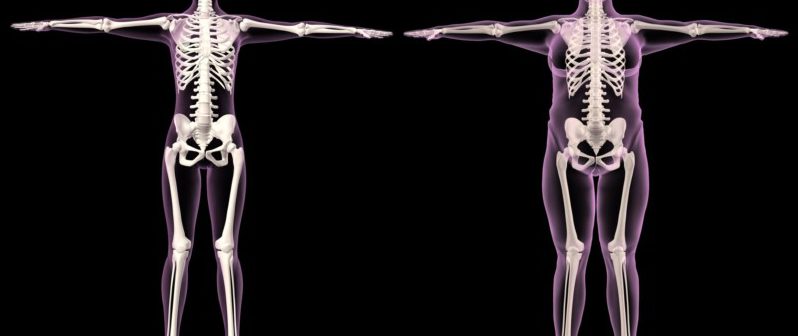Does High BMI Increase the Need For Revision After A Discectomy?
Category: Spine Surgery | Author: Stefano Sinicropi

The goal of spinal surgery is to preserve function at the patient’s current level and improve function over time. Unfortunately, some surgeries fail and revisions are necessary. Doctors are getting better at predicting which conditions may make a person more likely to need a second operation. Targeting specific conditions with known outcomes can lend itself to preemptively addressing this issues proactively to reduce the impact overall.
Recently, medical researchers wanted to see if body weight or BMI affected the success rates of spinal surgery. More specifically, they wanted to see if individuals with a high BMI were more likely to need revision surgery after a single discectomy operation.
BMI and Discectomy
In order to determine BMI’s role in the need for a revision spine surgery after a discectomy, researchers conducted a retroactive analysis of patients that underwent the procedure. Researchers were able to identify a total of 226 patients who fit the criteria. Of those patients, 56 were classified as being normal weight, 80 were classified as overweight, 66 were obese and 24 were considered morbidly obese. Researchers tracked which patients needed to have revision surgery within two years of the initial procedure.
Study Results
Researchers noted at 23 patients (10.2%) underwent a second discectomy operation within 24 months. They stopped short of saying exactly which patients needed the operation, but they concluded:
- Normal weight individuals who underwent a single discectomy had a 1.8% chance of needing a revision surgery within two years.
- Overweight individuals who underwent a single discectomy had a 12.5% chance of needing a revision surgery within two years.
- Obese individuals who underwent a single discectomy had a 9.1% chance of needing a revision surgery within two years.
- Morbidly obese individuals who underwent a single discectomy had a 25% chance of needing a revision surgery within two years.
In conclusion, researchers reported that greater BMI is an independent risk factor for undergoing a revision procedure following a lumbar discectomy. When you consider that a morbidly obese person is 10 times more likely to need a revision operation than a person of a healthy weight, it’s clear that excess weight plays a big role in spine pain and surgical outcomes. The take home message is maintaining your body weight at a healthy level will decrease your risks for further injury.